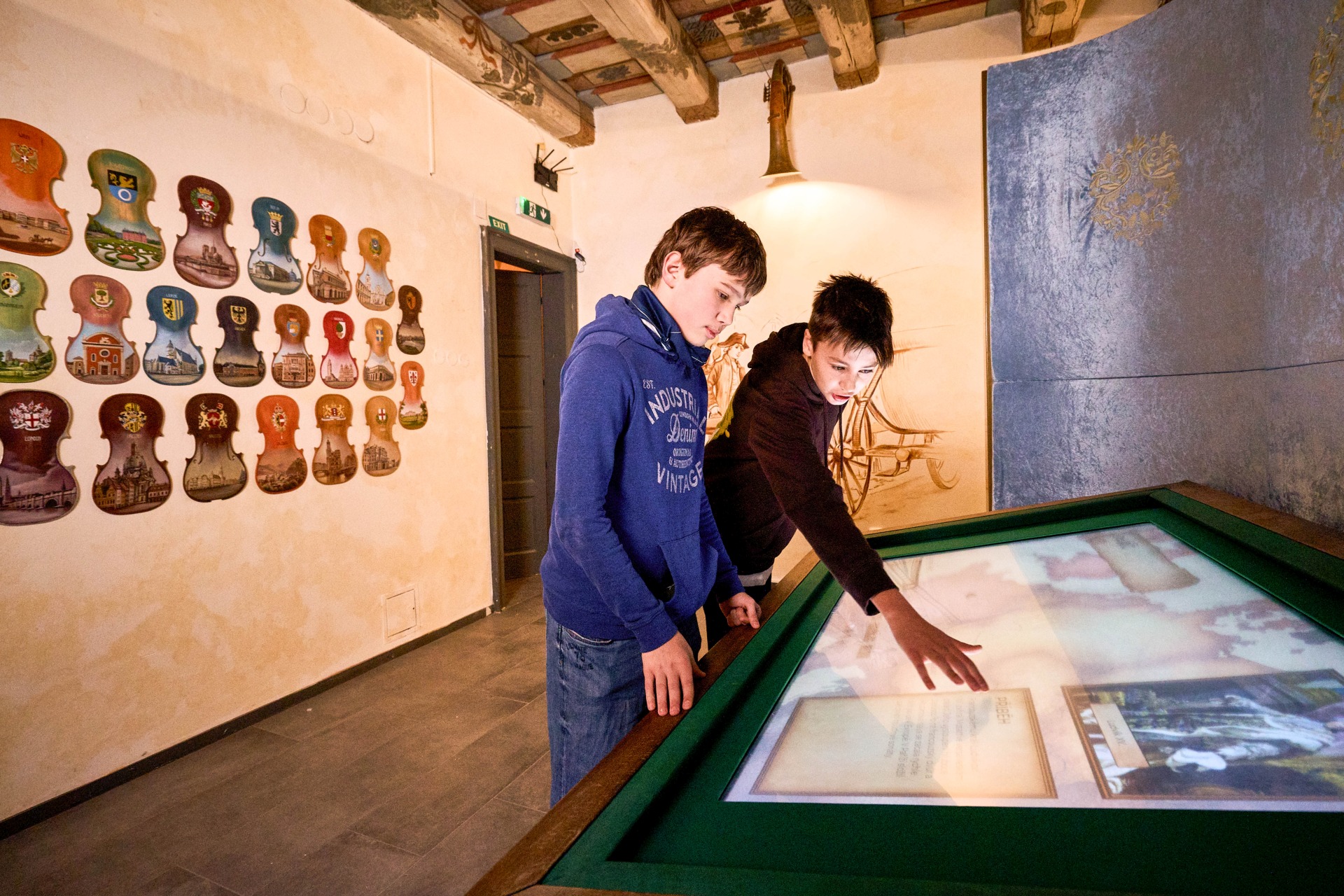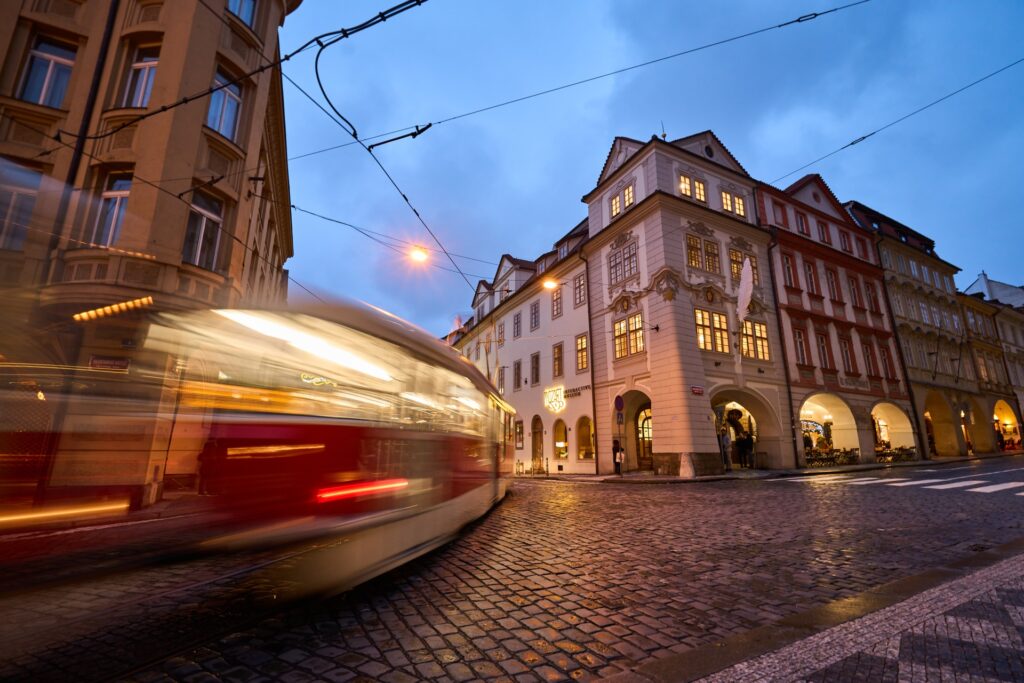
W. A. Mozart in a Nutshell
The life of Wolfgang Amadeus Mozart
Wolfgang Amadeus Mozart is one of the most important musical composers of all time, whose genius emerged at a very young age. He was born in Salzburg on January 27, 1756, into a musically inclined family. His father, Leopold Mozart, a prominent musician and teacher, quickly recognized the boy’s exceptional talent and devoted himself passionately to his education.
From the age of five, Wolfgang was already composing music and soon began performing with his sister Nannerl in front of European aristocracy. He met many influential figures during his travels, including Empress Maria Theresa, King Louis XV, and Pope Clement XIV. Mozart composed his first opera by commission at the age of twelve. Through the years of life as a ‘child prodigy’ on the road, he matured prematurely into an original personality, capable of ‘setting trends’ from a very young age.
His musical maturity and constant drive for innovation always went hand in hand with a sense of ease and playfulness. Composing, making music, and living life with humour and passion interested Mozart more than a life in the service of the powerful. He died in Vienna on December 5, 1791, shortly after the premiere of his opera The Magic Flute, at the age of 35.

Work of Wolfgang Amadeus Mozart
At 20, Mozart settled in Vienna, then the center of the world’s musical scene. There, he aimed to establish himself as a freelance composer, which was unusual then. This fact contributed to his high productivity, as he composed operas, symphonies, concertos, and chamber music. Among his most significant works are the operas The Marriage of Figaro (1786), which criticizes the nobility and celebrates humanity; Don Giovanni (1787), a dramatic tale of morality and revenge; and The Magic Flute (1791), a opera-singspiel opera filled with symbolism and magical moments.
Among Mozart’s symphonic works, Symphony No. 40 in G minor stands out for its energetic rhythm and dark tones. At the same time, Symphony No. 41 in C major, known as “Jupiter,” represents the pinnacle of his symphonic achievements with its complexity. Mozart also composed numerous instrumental concertos, which are still performed worldwide today, as they allow soloists to showcase their virtuosity and musicality. In his piano concertos’ initial performances, Mozart excelled as a pianist. Piano Concerto No. 21 in C major and Piano Concerto No. 23 in A major are among his most frequently played pieces.
Mozart’s final composition was the Requiem, which he left unfinished after his death on December 5, 1791, at the age of just 35. The Requiem is considered one of the most profound and moving works in classical music. At the end of our exhibition, we let the experience culminate with a passage from Lacrimosa — a moving excerpt from this incredible work.

